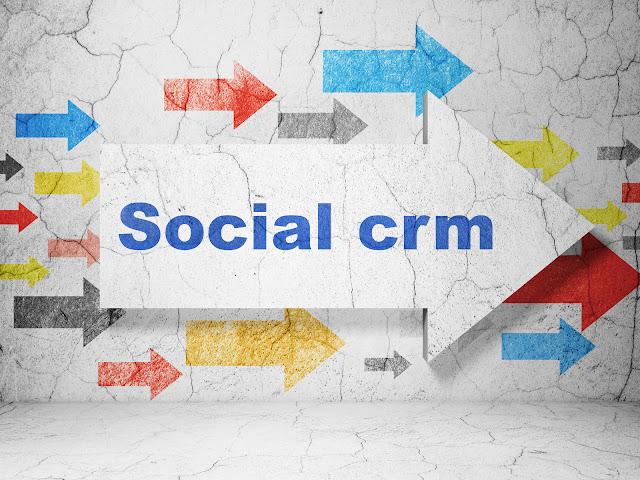Understanding Social CRM: A Comprehensive Guide for Businesses
Social CRM is a buzzword in the world of customer relationship management and has been gaining popularity in recent years. With the growing use of social media, businesses are seeking new ways to interact with their customers and enhance their customer experience. Social CRM is a method that helps businesses to do just that. In this article, we'll take a deep dive into the world of social CRM and explore what it is, how it works, and why it's important for businesses.
What is Social CRM?
Social CRM, or social customer relationship management, is a set of tools and strategies that businesses use to manage and analyze their interactions with customers through social media platforms. Social CRM integrates social media channels, such as Facebook, Twitter, and Instagram, with traditional CRM tools and processes to create a complete view of the customer.
The primary goal of social CRM is to engage with customers in a meaningful way and build relationships that last. This requires businesses to understand their customers' needs, preferences, and behavior patterns and use this information to create customized experiences for them.
How Social CRM Works
Social CRM starts with listening to what your customers are saying about your brand on social media. This can include monitoring mentions, hashtags, and customer reviews, as well as analyzing sentiment and engagement metrics. Once you have a good understanding of your customers' opinions and needs, you can start to engage with them in a personalized way.
One of the key components of social CRM is social media listening and monitoring. This involves tracking conversations and mentions of your brand and your industry on social media platforms. By listening to what your customers are saying, you can identify trends, respond to customer inquiries and complaints, and even anticipate their needs.
Another important aspect of social CRM is customer engagement. This includes responding to customer inquiries, comments, and feedback, as well as proactively reaching out to customers to offer support and provide solutions. Engagement is critical because it helps build trust and loyalty with customers, which can lead to increased customer retention and advocacy.
Finally, social CRM also involves the use of data and analytics to understand customer behavior and preferences. This information can be used to create targeted marketing campaigns, improve customer support, and optimize the overall customer experience.
Why is Social CRM Important for Businesses?
There are several reasons why social CRM is important for businesses. Firstly, it allows businesses to build stronger relationships with their customers by providing personalized experiences. This can lead to increased customer loyalty and advocacy, which can drive growth and success for the business.
Social CRM also provides businesses with valuable insights into their customers' needs and preferences. By analyzing customer data and feedback, businesses can identify areas for improvement and make changes that will enhance the customer experience.
Another benefit of social CRM is that it enables businesses to respond to customer inquiries and complaints in real-time. This can improve customer satisfaction and reduce customer churn, as customers feel heard and valued.
Finally, social CRM can help businesses to increase their reach and visibility on social media. By engaging with customers and creating valuable content, businesses can attract new followers and build a strong online presence.
Conclusion
Social CRM is a powerful tool for businesses looking to enhance their customer relationships and improve their customer experience. By listening to what customers are saying, engaging with them in a personalized way, and using data and analytics to understand their behavior, businesses can build strong relationships that drive growth and success.
So, whether you're just starting out with social CRM or looking to take your strategy to the next level, it's important to understand the fundamentals and best practices of social CRM. This includes developing a clear strategy, using the right tools and technologies, and constantly monitoring and refining your approach.
With the right approach, social CRM can help businesses to build stronger relationships with their customers, gain valuable insights into their needs and preferences, and improve their overall customer experience. So, if you're ready to take your business to the next level, consider investing in social CRM today.

